Should my investment approach change as my retirement gets closer?
As you approach retirement, it is generally advisable to adjust your investment approach to reflect your changing financial goals, risk tolerance, and time horizon. Here are some key considerations:
Asset Allocation: As you near retirement, it's common to gradually shift your investment portfolio towards more conservative assets to reduce the impact of market volatility on your retirement savings. This typically involves increasing the allocation to bonds, cash, and other low-risk investments, and decreasing exposure to equities.
Risk Management: With less time to recover from potential market downturns, protecting the capital you've accumulated becomes more critical. Consider strategies such as diversification, dollar-cost averaging, and employing risk management techniques like trailing stop-loss orders to help safeguard your portfolio.
Income Generation: Transitioning from accumulation to distribution phase, you may prioritize investments that generate regular income to support your retirement lifestyle. Dividend-paying stocks, bonds, annuities, and real estate investment trusts (REITs) are some options to consider for income generation.
Tax Efficiency: As you plan for retirement income, be mindful of the tax implications of your investments. Utilize tax-advantaged accounts like IRAs and 401(k)s to maximize tax efficiency and consider strategies such as tax-loss harvesting and asset location to minimize tax liabilities.
Longevity Planning: Assessing your expected lifespan and potential healthcare costs in retirement becomes increasingly important. Consider incorporating strategies like annuities or long-term care insurance to protect against the risk of outliving your savings or unexpected medical expenses.
Regular Portfolio Reviews: As retirement approaches, make it a habit to regularly review and adjust your investment portfolio in line with your changing financial circumstances, market conditions, and retirement goals.
It's essential to consult with a financial advisor who can provide personalized guidance based on your specific financial situation, risk tolerance, and retirement timeline. By adjusting your investment approach as you near retirement, you can help ensure a smoother transition into your golden years with greater financial security.
The information contained herein is not intended as financial, legal or tax advice, and may not be suitable as required by specific circumstances. Please consult your financial planner, attorney and/or tax adviser as needed.


